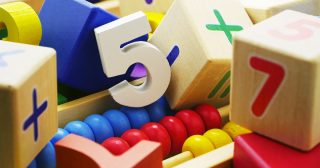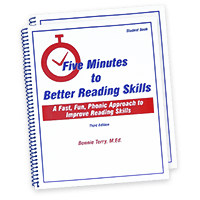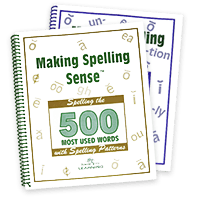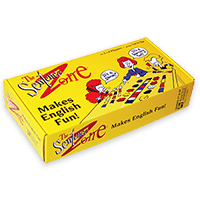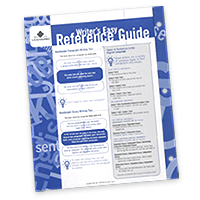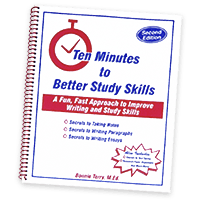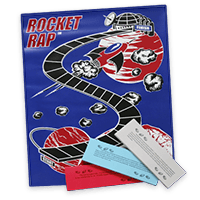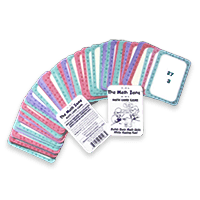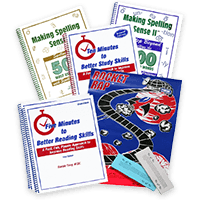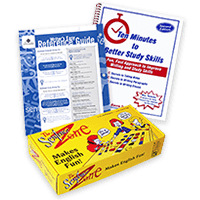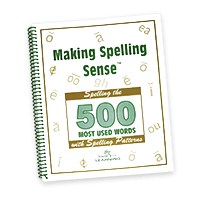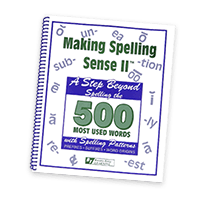Dyscalculia? Need Math Help? Learning Disabilities?
October 13th, 2015[vc_row][vc_column][vc_column_text]Do your kids struggle with math? Do they have a hard time with their math homework? Do you suspect a math disability? What do you do to help your child that has a hard time with math homework?[/vc_column_text][/vc_column][/vc_row][vc_row][vc_column width=”1/3″][vc_single_image image=”9143″ img_size=”medium” alignment=”center”][/vc_column][vc_column width=”2/3″][vc_column_text]
Does Your Child Have Dyscalculia – a Math Disability?
Dyscalculia is a math learning disability. Those with dyscalculia often have a delay in:
- Counting objects
- Counting strategies for addition facts
- Memorization of math facts (addition, subtraction, multiplication, and division
- Understanding quantity – Number sense – comparing two numbers (which is bigger)
- Automatic processing of written numbers – the number/symbol relationship (reading the symbol 3 and knowing it is referring to 3 items)
[/vc_column_text][/vc_column][/vc_row][vc_row][vc_column][vc_column_text]
Additional dyscalculia symptoms can include:
- Problems making a ‘mental’ number line
- Difficulty with subtraction
- Problems with finger counting
- Difficulty understanding number values and components that 5 is made up of 2 and 3
- Understanding place-value
- Reasoning difficulties
- Problems with multi-step problems
[/vc_column_text][vc_column_text]
Those with dyscalculia often have co-morbid conditions:
- Dyslexia or reading disability
- Attention difficulties (ADHD)
- Spatial awareness problems (impacts calculations, measurement, place value, fractions, geometry)
- Visual and or auditory memory problems
- Poor coordination
[/vc_column_text][/vc_column][/vc_row][vc_row][vc_column width=”1/3″][vc_single_image image=”9147″ img_size=”medium”][/vc_column][vc_column width=”2/3″][vc_column_text]
Does Your Child Have a Hard Time with Their Math Homework?
And…you have no idea how to help your child with their math assignment because you haven’t worked with multiplication of fractions in years…what do you do?
[/vc_column_text][/vc_column][/vc_row][vc_row][vc_column][vc_column_text]
Two Dyscalculia and Math Homework Solutions
I’m sure you remember how it was in school. Your teacher explained how to do a particular type of math problem in class and you got it. It seemed so easy to solve it. Then you switched to another subject, and another as the day progressed. You got home, took out your math homework and totally forgot how to do the problem.
The same thing happens to your child too. So your child might want to have a study buddy over that knows how to do the assignment. An older sibling might help.
OR…you can get a math reference guide to have at your fingertips during math homework time. OR…you can get the ASW Math Program with over 30 step-by-step video lessons plus the BT Easy Math Reference Guide, the Math Zone card game, and Super Spacers)[/vc_column_text][/vc_column][vc_column][/vc_column][/vc_row][vc_row][vc_column][vc_single_image image=”7410″ img_size=”medium” link=”https://www.bonnieterrylearning.com/product/help-with-math-homework-addition-subtraction-multiplication-division/”][vc_column_text]Here are the elements a good math reference guide should have:
- Step-by-step how to add, subtract, multiply, and divide (long division)
- Fractions
- Decimals
- Percents
- Examples and strategies for doing word problems
- Geometric shapes
- How to find the area & perimeter
- How to calculate ratios
- How to find averages of lists of numbers
- Math terms.
A really good math reference guide will show you how to do all elementary school math. The only one we found that has all of these elements is the BT Easy Math Reference Guide. It’s the ultimate cheat sheet for any math assignment![/vc_column_text][vc_btn title=”Go to BT Easy Math Reference Guide” color=”primary” link=”url:https%3A%2F%2Fwww.bonnieterrylearning.com%2Fproduct%2Fhelp-with-math-homework-addition-subtraction-multiplication-division%2F||”][vc_single_image image=”9144″ img_size=”medium” link=”https://www.bonnieterrylearning.com/product/learning-math-program/”][vc_column_text]The ASW Math Program is Specifically Designed to Improve the Learning Skills That Are Holding You or Your Child Back in Math!
- Don’t ‘like’ to learn math?
- Don’t ‘understand’ math?
- Does your child come home with a math homework assignment and can’t wait to do it?
If your child is anything like my children are, they come home and avoid their math assignments. They put it off as long as possible, and then, when they finally get down to doing it, they need my help.
My kids are great at saying, “I understood it in class mom; I just can’t remember how to do it now that I’m home.”
What if you could watch step-by-step and learn step-by-step how to do all those calculations and word problems successfully? It can be done![/vc_column_text][vc_btn title=”Go to ASW Math Program” color=”primary” link=”url:https%3A%2F%2Fwww.bonnieterrylearning.com%2Fproduct%2Flearning-math-program%2F||”][/vc_column][/vc_row]
